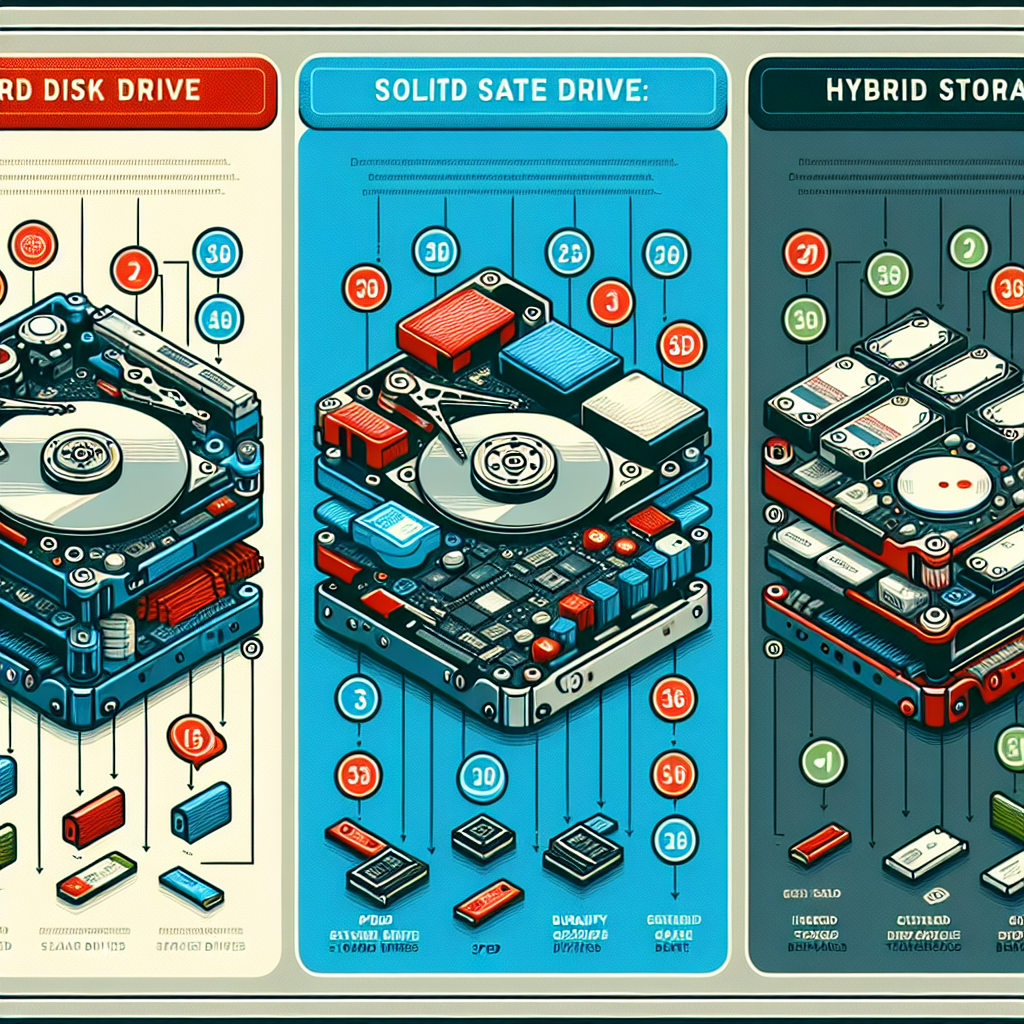Fix today. Protect forever.
Secure your devices with the #1 malware removal and protection software
In today’s digital age, storage devices play a crucial role in storing and accessing data. There are several types of storage devices available in the market, with the most common being Hard Disk Drives (HDDs), Solid State Drives (SSDs), and Hybrid Storage Devices. Each of these storage devices has its own set of advantages and disadvantages, and understanding the differences between them can help you make an informed decision when choosing the right storage device for your needs.
Hard Disk Drives (HDDs) are the most traditional type of storage device and have been around for decades. They use spinning disks to store data and have a mechanical arm that moves back and forth to read and write data. HDDs are known for their high capacity and relatively low cost compared to other storage devices. However, they are also slower in terms of read and write speeds and are more prone to mechanical failure due to their moving parts.
Solid State Drives (SSDs), on the other hand, use flash memory to store data and have no moving parts. This results in faster read and write speeds, lower power consumption, and improved durability compared to HDDs. SSDs are also more compact and lightweight, making them ideal for portable devices such as laptops and tablets. However, SSDs typically have lower storage capacities and are more expensive than HDDs.
Hybrid Storage Devices combine the best of both worlds by incorporating both HDD and SSD technologies. These devices use a small SSD cache to store frequently accessed data, while the bulk of the data is stored on the larger HDD. This allows for faster access to frequently used data while still providing the high storage capacity of HDDs. Hybrid Storage Devices are a good compromise for users who want the speed of an SSD without sacrificing storage space or breaking the bank.
When choosing a storage device, it’s important to consider your specific needs and budget. If you require high storage capacity at a lower cost, an HDD may be the best option for you. If speed and durability are more important, an SSD might be the way to go. And if you’re looking for a balance of speed and storage capacity, a hybrid storage device could be the perfect solution.
In conclusion, understanding the differences between HDDs, SSDs, and Hybrid Storage Devices can help you make an informed decision when choosing a storage device. Consider your needs, budget, and priorities to determine which type of storage device is right for you. Whether you prioritize speed, storage capacity, or a balance of both, there is a storage device out there to meet your needs.
Fix today. Protect forever.
Secure your devices with the #1 malware removal and protection software

Leave a Reply
You must be logged in to post a comment.